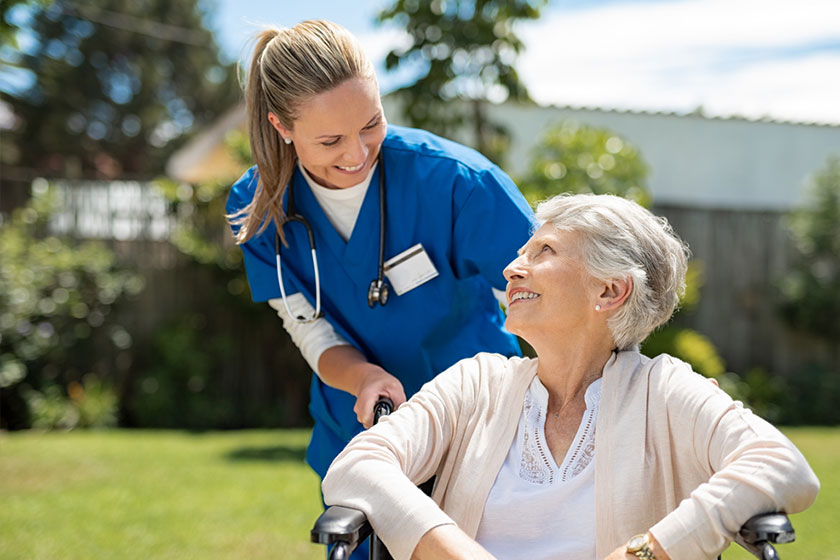We grow increasingly vulnerable to mental and physical ailments as we age. Ignoring your mental health can be very risky, resulting in significant mental disorders like depression and alcoholism as well as physical decline in a short amount of time. Just an hour or two of concentrated effort each day can transform everything, even your view of life. Read on to learn why independent living communities in Greta, LA, prioritize not just your physical health but also your mental health.
Common Symptoms of Mental Health Issues
These are some of the common signs of poor mental health in older adults:
- Sudden behavioral changes
- Decrease in energy levels
- Changes in sleep cycles
- Elevated anxiety and stress levels
- Increased irritability
- Obsessive thoughts
- Impulsive actions
- Suicidal ideas
- Recurring headaches
- Digestive problems
- Participating in high-risk activities
Why Is Mental Health Equally Important to Physical Health?
Good mental health can enhance your physical well-being. Likewise, poor mental health can have a detrimental impact on your physical health. Here are some of the reasons why your emotional well-being is important:
Improves Physical Health
Emotional well-being has a significant impact on physical health. Older adults who are feeling down are more likely to get sick because their emotional moods might impair their immune systems. Those who are cheerful are more likely to stick to their treatment plans and eat a healthy diet.
Increases Overall Life Expectancy
In addition to making your life healthier and happier, improving your emotional wellbeing can help you live longer. According to Yale research on aging and retirement, older adults who had a positive outlook on their lives lived 7.5 years longer than those with a negative outlook.
Lowers the Risk of Mental Illness
Mental illness affects roughly 15% of people over the age of sixty. Regularly maintaining your mental health will considerably reduce this risk, keeping you happy and healthy for far longer than predicted.
Encourages Positive Social Behavior
Do you often feel lonely? Being cognitively engaged can help you enhance your social skills. You’ll become acquainted with the team members or other residents around you and form deep bonds with them. You can take a walk with your neighbors or watch a movie together.
How to Improve Your Emotional Health?
We should all work hard to maintain good mental health. Follow these ideas to have a healthier, happier, and more fulfilling life.
Eat Healthily
What you eat has a huge impact on the health and function of your brain. So try to increase your intake of minerals, vitamins, fiber, and healthy fats.
Pick a Hobby
Reading, writing, playing an instrument, completing puzzles, and playing games are some of the most popular hobbies among older adults. Any activity that keeps the mind active and working toward solving issues contributes to brain health.
Exercise Regularly
Regular physical activity, such as walking, yoga, and dancing, boosts confidence and lowers the danger of falling, which is beneficial to both the body and the mind.
Cultivate Friendships
Making new friends in your independent living community can help you avoid loneliness and feelings of isolation, which often lead to mental and physical deterioration.
Get Enough Sleep
A good night’s sleep is essential for boosting your mental health. It improves your memory and has a significant impact on your mental and emotional wellness.







